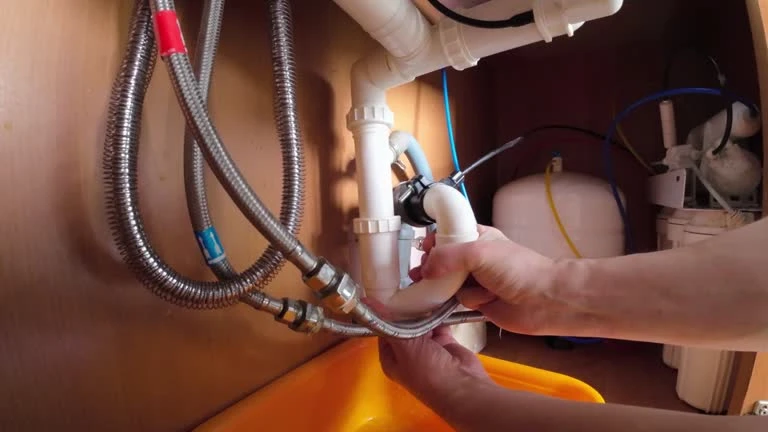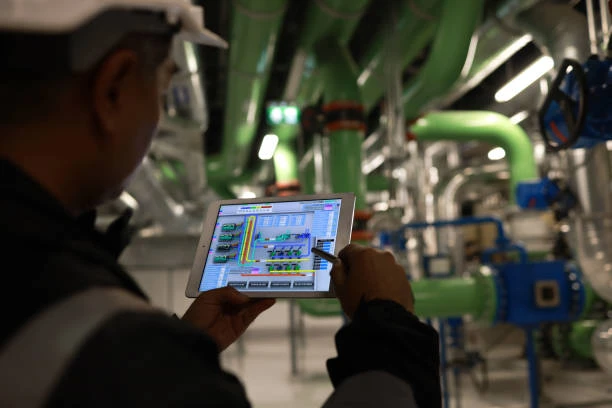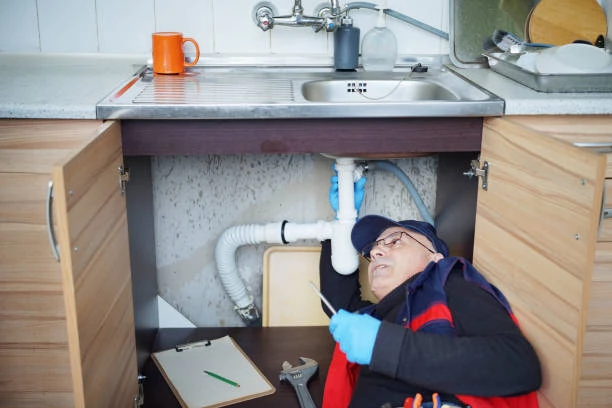Introduction to Energy-Efficient PPH Piping Systems
Polypropylene Homopolymer (PPH) piping systems are becoming increasingly important due to their durability and efficiency in fluid handling. These pipes are widely used in industries like water treatment, chemical processing, and construction, where energy efficiency plays a crucial role. As industries focus on reducing energy consumption, PPH pipes are evolving to meet these needs. The future of PPH piping lies in integrating advanced, energy-efficient technologies that not only enhance system performance but also help reduce operational costs. The wholesale of PPH pipes has grown in response to this shift, as manufacturers invest in more sustainable and energy-saving solutions. This article explores how PPH piping systems are being designed for better energy efficiency and what innovations lie ahead.
Energy-Efficient Manufacturing Processes for PPH Pipes
The energy efficiency of PPH pipes begins with the manufacturing process. Traditionally, the production of PPH pipes involved high levels of energy consumption. However, new innovations have led to the development of more energy-efficient production techniques. For instance, manufacturers are adopting extrusion technologies that use less energy while maintaining the strength and durability of the pipes. These processes reduce the carbon footprint of PPH pipe production, making them more environmentally friendly. The wholesale of PPH pipes now includes options that benefit from these sustainable manufacturing techniques. This shift towards energy-efficient production methods not only lowers the environmental impact but also helps reduce the overall cost of PPH pipes, making them more accessible for large-scale infrastructure projects.
Insulation Technologies for PPH Piping Systems
Energy efficiency in PPH piping systems is significantly influenced by the insulation technologies applied to the pipes. PPH pipes can be fitted with external insulation layers, such as foam or mineral wool, to improve their thermal performance. This ensures that the energy used to pump heated or cooled fluids is not wasted. For example, in industrial heating systems, PPH pipes with advanced insulation technologies minimize heat loss, leading to lower energy costs. The wholesale of PPH pipes now includes options with pre-insulated coatings, providing users with more energy-efficient solutions for a variety of applications.
Reducing Friction Losses in PPH Pipes
Friction losses are a significant factor in the overall energy consumption of fluid transport systems. Innovations in the design of PPH pipes are addressing this issue by creating smoother internal surfaces that reduce friction. PPH pipes with advanced surface treatments, such as polished or coated interiors, reduce resistance and allow for smoother fluid flow. These designs help to decrease the energy needed to transport fluids over long distances.The wholesale of PPH pipes now includes models specifically designed to minimize friction losses, making them an attractive option for energy-conscious businesses.
Smart Monitoring Systems for PPH Pipes
The future of energy-efficient PPH piping systems lies in integrating smart technologies for real-time monitoring and control. Sensors embedded in the pipes can track key parameters such as flow rate, temperature, and pressure. By monitoring these factors, operators can adjust the system in real-time to optimize energy use. Smart monitoring can also help detect leaks, which can cause significant energy losses. The wholesale of PPH pipes is now expanding to include options that integrate these smart technologies, offering a more energy-efficient and responsive solution.
Energy-Efficient PPH Pipes in Renewable Energy Projects
Energy-efficient PPH pipes are playing an increasingly important role in renewable energy projects. Similarly, PPH pipes used in geothermal heating systems are designed to withstand high temperatures while maintaining energy efficiency. The demand for PPH pipes in these renewable energy sectors has led to the growth of the wholesale of PPH pipes, as more companies look to incorporate energy-efficient solutions into their green energy infrastructure.
The Role of PPH Pipes in Green Building Projects
Green building projects prioritize sustainability and energy efficiency, and PPH pipes are increasingly being used to meet these goals. PPH pipes are lightweight, durable, and corrosion-resistant, making them ideal for use in energy-efficient building systems. The pipes’ insulation properties also reduce the need for additional energy inputs, further enhancing the system’s efficiency.As demand for sustainable building solutions increases, the wholesale of PPH pipes continues to grow, offering builders an affordable way to incorporate energy-efficient piping systems into their projects.
Future Trends in Energy-Efficient PPH Piping
The future of energy-efficient PPH piping systems looks promising, with ongoing advancements in materials and technology. Another trend is the integration of PPH pipes with renewable energy systems, where they can serve as the backbone of energy-efficient fluid transport in solar and wind energy applications. As the world moves toward a more sustainable future, the demand for energy-efficient solutions will continue to drive innovations in PPH piping. The wholesale of PPH pipes will likely expand to meet this growing demand, ensuring that energy efficiency remains at the forefront of piping technology.
Conclusion: The Future of Energy-Efficient PPH Piping
Energy-efficient PPH piping systems are leading the way toward more sustainable infrastructure in a variety of industries. With innovations in manufacturing, insulation, and smart technologies, these pipes are becoming more efficient, durable, and eco-friendly. The wholesale of PPH pipes is evolving to meet the increasing demand for energy-efficient solutions, offering businesses and industries a reliable, cost-effective way to reduce their energy consumption. As these technologies continue to advance, PPH pipes will play an even more significant role in energy-efficient systems, contributing to a greener, more sustainable future.
IFAN Products international standards
IFAN products strictly adhere to a comprehensive range of international standards, encompassing ISO 15874, EN 15874, ASTM F2389, DIN 8077/8078, GB/T 18742, NBR 15884, ISO 15494, EN ISO 15494, GB/T 19472, NBR 15494, ASTM 2846 (501), DIN 8079/8080 (502), ASTM F441/F441M SCH80 (503), DIN (504), DIN (505), GB/T 18993, AS/NZS 1477, CSA B137.6, NSF/ANSI 14, TIS 17-2532/1131-2535, BS 3505, BS 4346 (801), ASTM D1785 SCH40 (802), ASTM D1785 SCH80 (803), DIN (804), GB (805), GB (806), GB(901), DWV(902), ASTM D2665 (903), along with ASTM D2241, D2665, D2729, and F441/F441M series, ISO 1452, EN ISO 1452, DIN 8061/8062, GB/T 10002, AS/NZS 1477, JIS K6741, CSA B137.3, and other national and industry norms.
Connect
IFAN is a Chinese manufacturer of plastic pipes, fittings and valves with 30 years of experience. If you are interest in IFAN copper fittings, copper valves, plastic pipes and fittings, please contact us. IFAN offers you a variety of standard pipes to meet your specific needs. Click below to learn more about IFAN’s wide range of affordable and cost-effective valve products and piping system related products.
We will reply your email or fax within 24 hours.
You can call us at any time if there is any question on our production.
For more information,pls visit our webside https://waterpipefitting.com/
Pls Mailto: [email protected]
Whatsapp: + 86 19857948982














Recent Comments